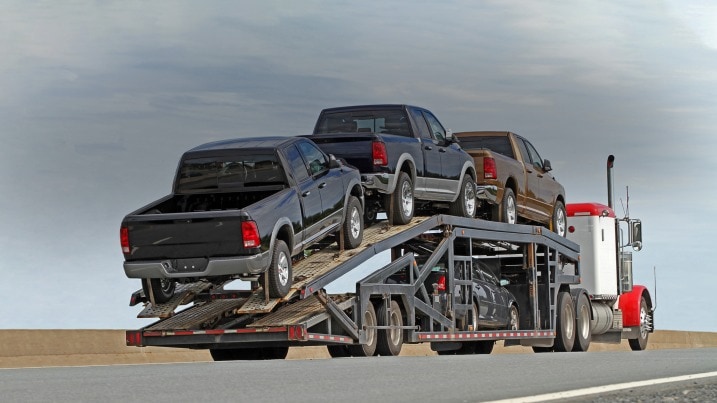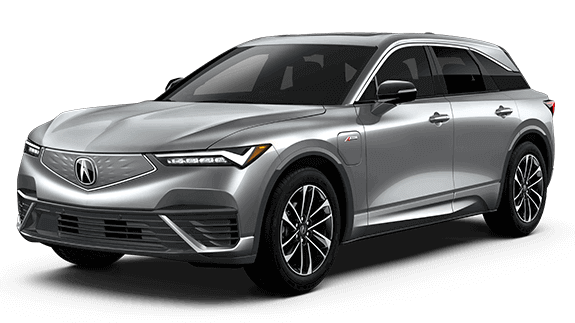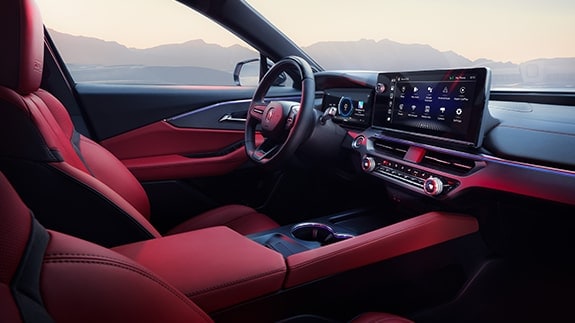Summer 2021 Update: As of this writing, the COVID-19 pandemic has receded and local economies are rapidly opening up, which would ordinarily be a great thing for car sellers and shoppers alike. But due to a global microchip shortage, year-over-year new car inventory is down by roughly half, just as Americans are getting back to normal life and gearing up for the summer driving season. With demand outpacing supply, prices for both new and used cars have skyrocketed in recent months — which may have you thinking about crossing state lines to get the car you want. This article is a great resource for learning about out-of-state car purchases, but please also see "Shopping Tips During the Global Microchip Shortage" for our experts' broader advice on navigating today's difficult marketplace.
It's tempting to think you can get a better deal — or avoid sales tax — by shopping out of state. But when you try to register the car in your home state, it could turn into a bureaucratic nightmare. So before you make a deal, find out what your state's registry will require to make the vehicle street legal.
There are three areas to research up front:
1. Emissions requirements
2. Sales tax collection
3. Registration requirements
As you consider these issues, keep in mind that buying the car from a private party will be different from purchasing it at a dealership, which can answer registry questions and provide the necessary paperwork. When you buy from a private party, you have to deal with these issues on your own.
There are other out-of-state buying concerns we don't cover here, such as prepurchase vehicle inspection and shipping. Follow the links at the end of this article for more information on those topics.


 by
by 
